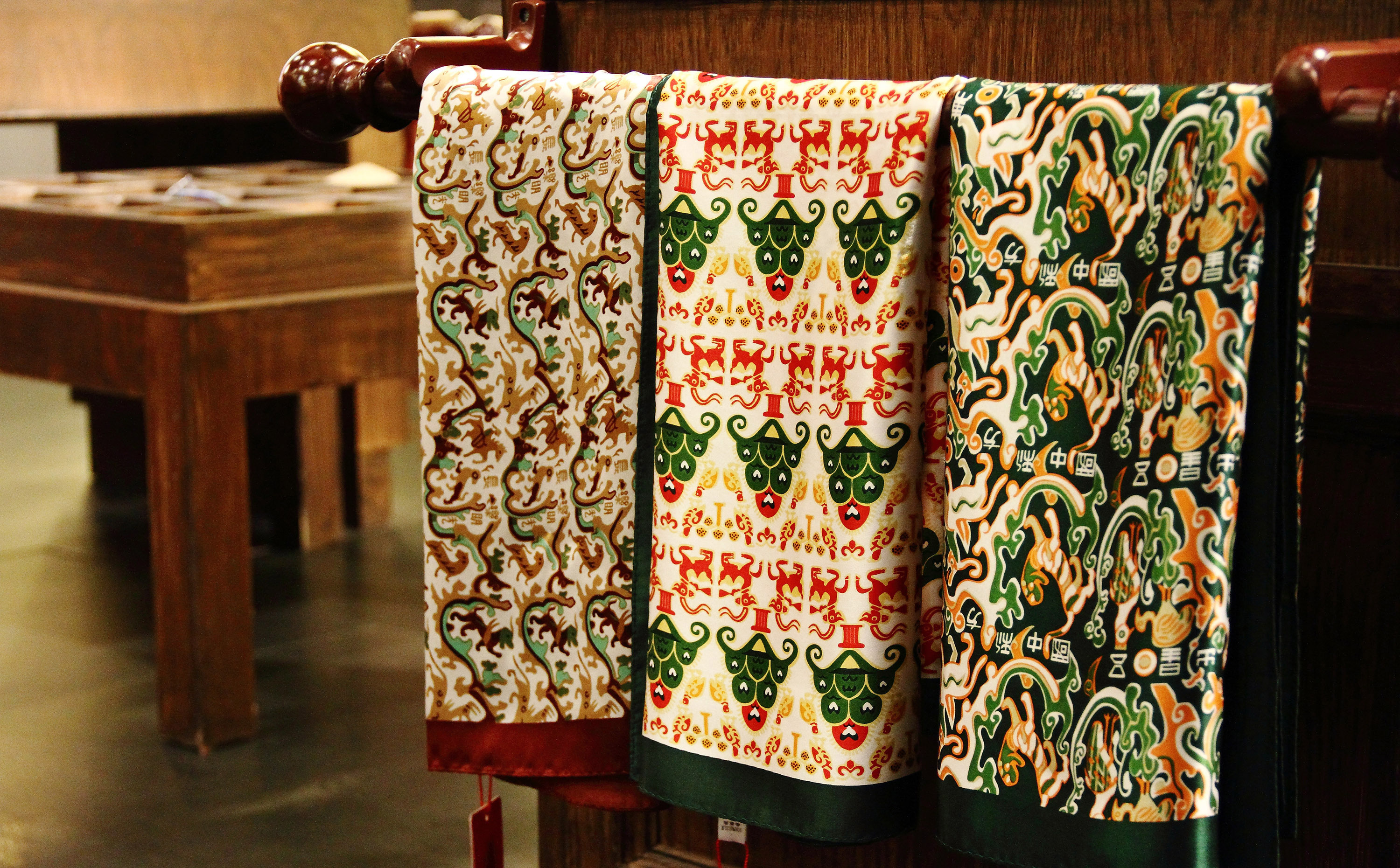Clothing

Sichuan brocade has various geometric patterns and motifs.
衣服破,尚可缝;手足断,安可续?
Broken clothes can always be mended, but who can mend a broken limb?
This proverb comes from the novel Romance of the Three Kingdoms. Cao Cao commanded Liu Bei to kill Yuan Shu. Liu’s sworn brothers Zhang Fei and Guan Yu came to support him, but Zhang’s hasty actions placed Liu and his family in deep trouble. Guan blamed Zhang, and Zhang felt ashamed and decided to kill himself. But Liu stopped him and said this sentence. Since then, it is commonly used to emphasize the value of brotherhood.
衣服破时宾客少,识人多处是非多。
When one is poorly dressed, he will have few guests; where one knows many people, gossip and disputes tend to prevail.
This proverb indicates that when one meets financial difficulties his or her friends will become estranged from them; and dispute or gossip go hand in hand with many mouths. It also refers to the difficulties caused by making false friends.
衣莫若新,人莫若故。
New clothes are best, and so are old acquaintances.
This proverb comes from Yanzi’s Spring and Autumn Annals. It is commonly used to mean that old friends should be cherished and reminds people not to easily abandon old friends and rush to meet new ones.
衣食足而后知礼义。
If men have ample food and clothing, they are able to be courteous.
It comes from Mencius, which was compiled by Mencius and his disciples. It indicates that basic needs must be met before people can be polite. The counterpart of this proverb in English is that “A hungry belly has no ears” or “Well-fed, well-bred.”
